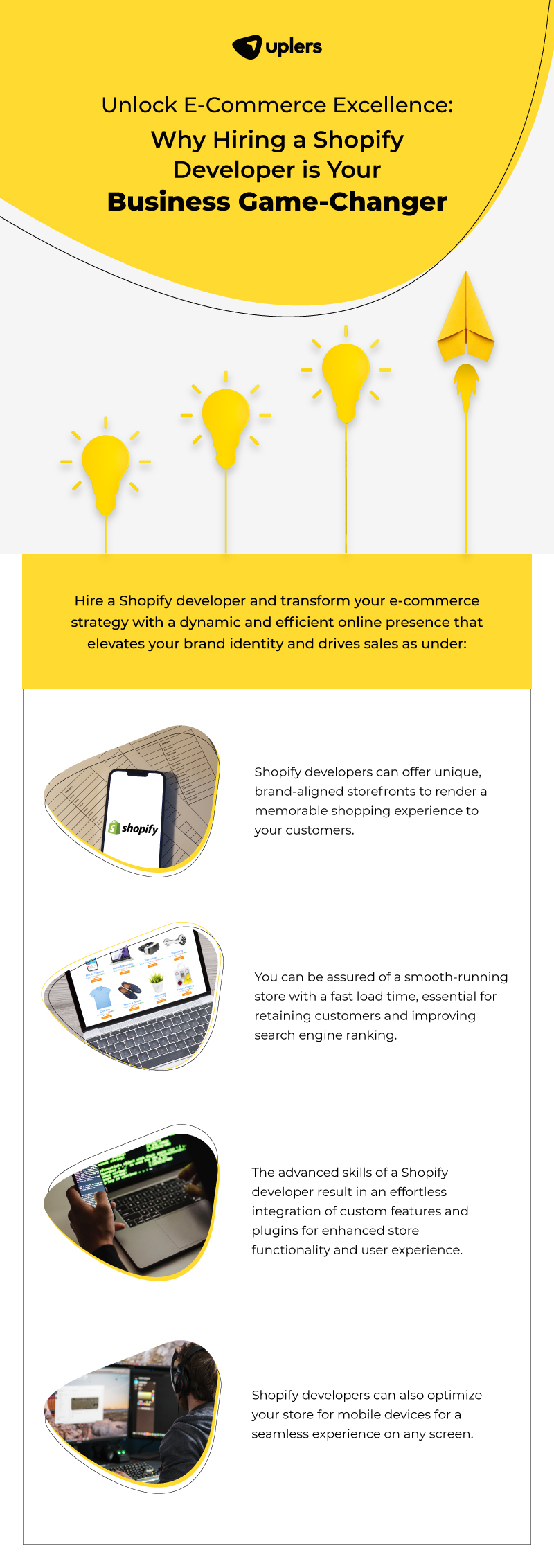Why E-commerce Brands Hire BigCommerce Developers for Scalable Growth
- Prachi Shah
- July 25, 2025
- 4 Minute Read

Long gone are the days when e-commerce was circumscribed around just building an online store. In 2025, it’s about building scalable and high-converting digital retail experiences. Brands in the competitive marketplace are competing not only on product, but also on speed, customization, and seamless omnichannel delivery.
In such an environment, platforms like BigCommerce have emerged as powerful tools for growing businesses that are seeking enterprise-grade performance with SaaS flexibility. From a scrappy startup to a SaaS ecommerce powerhouse globally, BigCommerce has bolstered up. Statista reports as of Q1 2025 noted that BigCommerce powers over 42,400 stores globally.
This rate is expected to see a rising adoption among mid-market and enterprise retailers for its robust API support and headless capabilities. Extracting the optimal value of BigCommerce requires more than simply setting up a storefront, it demands customization, optimization, and constant iteration. This is why an increasing number of tech companies are choosing to hire BigCommerce developers for unlocking the platform capabilities and delivering business results beyond template setups.
Beyond Store Setup: How BigCommerce Developers Drive Customization and Conversion
Out-of-the-box templates are a great way to get started. But if we are talking about brands that want to differentiate and drive conversion at scale, a deeper layer of customization is required. This is where experienced BigCommerce developers make a measurable impact.
Skilled developers can:
- Make unique themes based on your brand’s identity.
- Connect with marketing platforms (such as GA4, HubSpot, and Klaviyo).
- Create improved checkout procedures to lower cart abandonment.
- Use loyalty logic or customized promotions.
- Localize retail locations for global markets.
They also work closely along with product, marketing, and growth teams to split test UI components, improve the time-on-page, and reduce friction across the customer journey. Is your BigCommerce store not performing? It might not be the platform, but it’s likely that you haven’t yet unlocked its full potential through customized development.
Scalability Built-In: Leveraging BigCommerce APIs and Headless Architecture
BigCommerce has been an early mover in embracing the headless commerce trend, offering robust APIs that allow businesses to decouple the front end from the back end. This opens the door to powerful capabilities such as:
- For custom shopfronts, use Vue, Next.js, or React.
- Easily integrate with CRMs, PIMs, and ERPs.
- Allow PWAs (progressive web applications) to optimize for mobile devices.
- Increase page load speeds for user experience and SEO.
Studies have revealed that a slow site drives 76% of the shoppers to drop a purchase at least once. Performance is directly tied to revenue and headless setups that are managed by skilled BigCommerce developers allow you to steer ahead of the competition while delivering lightning-fast, modern e-commerce experiences.
For hiring managers that build composable commerce stacks, it’s never enough to simply hire a designer or a front-end developer. You need to hire BigCommerce developers with headless expertise and an understanding of both the ecosystem and its extensibility.
Optimizing for Performance, SEO, and Mobile-First Experiences
A modern e-commerce store is one that is lean, fast, and optimized for search and mobile. This means balancing aesthetics with performance and visual hierarchy with SEO requirements.
Expert BigCommerce developers are the ones that help you:
- Enhance Core Web Vitals, particularly CLS and LCP.
- Improve image delivery with CDNs and lazy loading.
- Use schema markup and structured data to achieve rich outcomes.
- Make layouts that are mobile-first and have low UX friction.
- Cut down on third-party script bloat, which can slow down load times.
SEO is not merely a marketing function – it’s embedded in how your store is built. Nearly 93% of web experiences begin with a search engine. Therefore, the developers that you hire must understand an intersection of performance and visibility.
That’s why e-commerce companies that are often looking to hire web developers turn specifically to CMS- and SEO-savvy BigCommerce talent for visibility and conversion optimization.

Key Skills to Look for When Hiring BigCommerce Developers
Not all e-commerce developers are equipped to navigate the complexities of BigCommerce’s extensible framework. If your plan is scalability, here’s what you need to look for in a strong applicant:
- Stencil CLI proficiency (for theme development).
- Knowledge of REST APIs and GraphQL for third-party integrations.
- Experience with headless commerce with Next.js, Vue, or React.
- Knowledge of analytics, SEO, and performance optimization.
- Knowledge of the BigCommerce Apps Marketplace and building bespoke apps.
- Understanding of WCAG conformance and accessibility standards.
- Understanding of the QA workflow and cross-platform testing.
With more and more companies also looking to hire Shopify developers in the broader e-commerce landscape, it’s worth comparing platform-specific strengths when building blended developer teams. Shopify offers speed to market, but BigCommerce often wins on flexibility and enterprise-grade extensibility.
Building a High-Growth E-commerce Stack with the Right Talent
The success of your e-commerce operations often hinges on far more than a good product catalog in 2025. It relies on speed, flexibility, personalization, and the ability to respond quickly to market and customer insights.
BigCommerce offers the right infrastructure, but it’s the brains behind the platform who bring the vision to life. To build a high-growth, future-ready e-commerce stack:
- Select platforms based on your demands for scaling needs and business stage.
- Invest in developers who are knowledgeable about both coding and commerce.
- Pay attention to teams that can provide agile integrations, quick UX, and SEO performance.
When you hire BigCommerce developers with the right mix of technical finesse, business context, and headless experience, you are not simply building a storefront but a sales engine.







